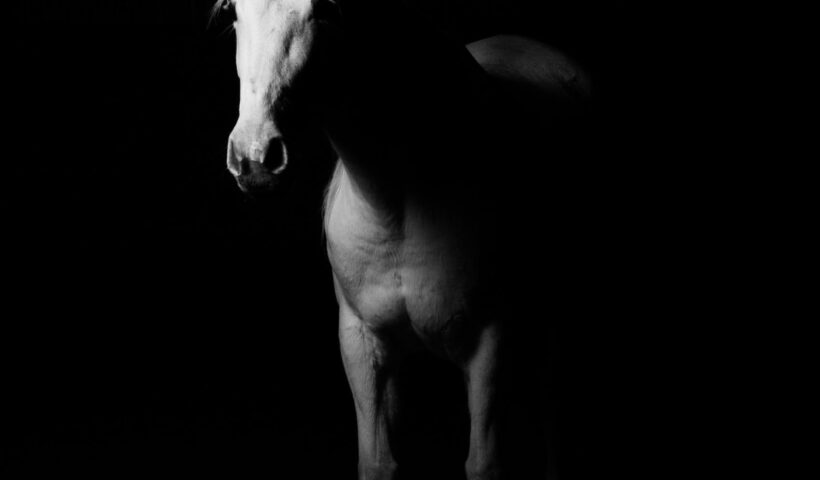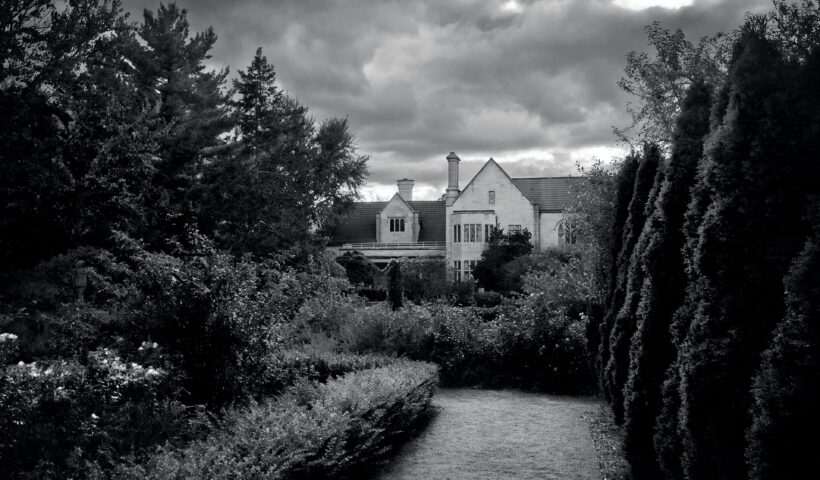Peaky Blinders serially and cumulatively critiques and subverts the (narrative) troping of trauma, both regarding its genesis and continuity/persistence, by diversifying and complicating its central properties and classifications in what, I argue, amounts to a parapractic approach to both trauma and historical fiction.
View More Ambiguity and Parapraxis: Serially Reframing Trauma in “Peaky Blinders”Tag: trauma
Trauma, Disremembering and Postmemory in Nuala Ní Dhomhnaill’s “The Fifty Minute Mermaid”
The widely acclaimed contemporary Irish-language poet Nuala Ní Dhomhnaill first published her long sequence of poems about mermaids as the closing section of her 1998 collection Cead Aighnis. The sequence was later transformed into the bilingual volume, entitled The Fifty Minute Mermaid (2007), with translations by Paul Muldoon, one of Ní Dhomhnaill’s most prolific translators.
View More Trauma, Disremembering and Postmemory in Nuala Ní Dhomhnaill’s “The Fifty Minute Mermaid”Uncertain Existences: Crime and Identity in Tana French’s “The Witch Elm”
Crime fiction narrates inquests into the past, interrogations of place and memory undertaken in order to construct narratives of history—stories about what took place, who was involved, and why. The protagonist, most frequently a detective, exhumes evidence and analyses it in order to construct a chain of causality that attempts to uncover the truth about the present by re-examining the knowledge of the past. This epistemological orientation of the genre amplifies its ability, as popular literature, to provide cultural reflection.
View More Uncertain Existences: Crime and Identity in Tana French’s “The Witch Elm”Eimear McBride’s “Gob”
Early in her novel A Girl Is a Half-Formed Thing (2013), Eimear McBride’s unnamed narrator Girl describes her first pint, “a Guinness for want of not knowing what else,” after moving to Dublin for college (83). She is egged on by a new friend, a chatty type with “big red gums” who is fond of talking about her famous father’s globetrotting. As in the rest of the work, the scene moves back and forth in Girl’s consciousness between thought and speech, the words of one and the words of another.
View More Eimear McBride’s “Gob”The Traumatised Shaman: The Woman Writer in the Age of Globalised Trauma
Arya Aryan on Hilary Mantel, the woman-writer, and trauma
View More The Traumatised Shaman: The Woman Writer in the Age of Globalised TraumaPhotographing the Flag
In Regarding the Pain of Others, Susan Sontag examines the history and development of representing war in photographs. Returning to the earliest images of conflict, she writes: ‘Not to be pained by these pictures, not to recoil from them, not to strive to abolish what caused this havoc, this carnage – these would be the reactions of a moral monster’ (2003: 7). …
View More Photographing the FlagOriginal Modern or a New Kind of Ordinary?
There is a line in David Peace’s Nineteen Eighty Three (2002) that is so resonant that its absence is all but unimaginable: ‘To us all and to the North – where we do what we want!’ (Peace 228). In a series of short articles for Alluvium I use the malevolence and pathos of this line – a toast drunk by corrupt police officers to a chimerical space which, as Christopher …
View More Original Modern or a New Kind of Ordinary?Editorial – Global Conflict
Contemporary fiction about global conflict is often concerned with an imaginative collapsing of space. Putting emotional affect to instrumental use, it works to raise awareness about events that go untold by the world’s media, either challenging conventional understandings of…
View More Editorial – Global ConflictLitter, Landscape and The Road
Cormac McCarthy’s The Road (2006) presents a dystopian vision of a near-future world in which most organic vegetation has died and human life is becoming increasingly rare. It is not unusual for dystopian fiction to …
View More Litter, Landscape and The RoadThe Allure of the 1980s
When we remember, represent or consume the recent past, we often do so through the alluring prism of nostalgia. In Ali Smith’s short story ‘astute, fiery, luxurious’…
View More The Allure of the 1980s









